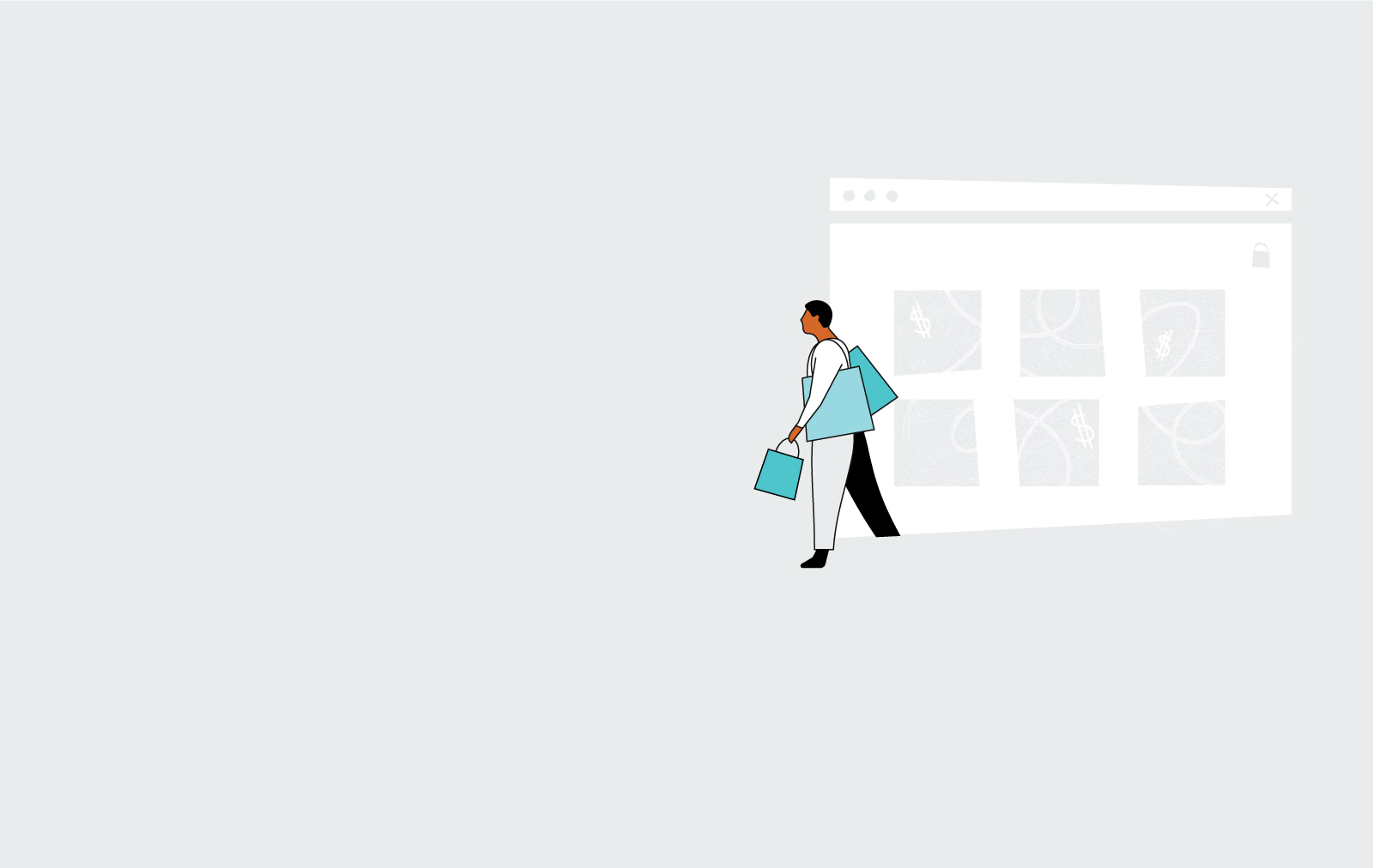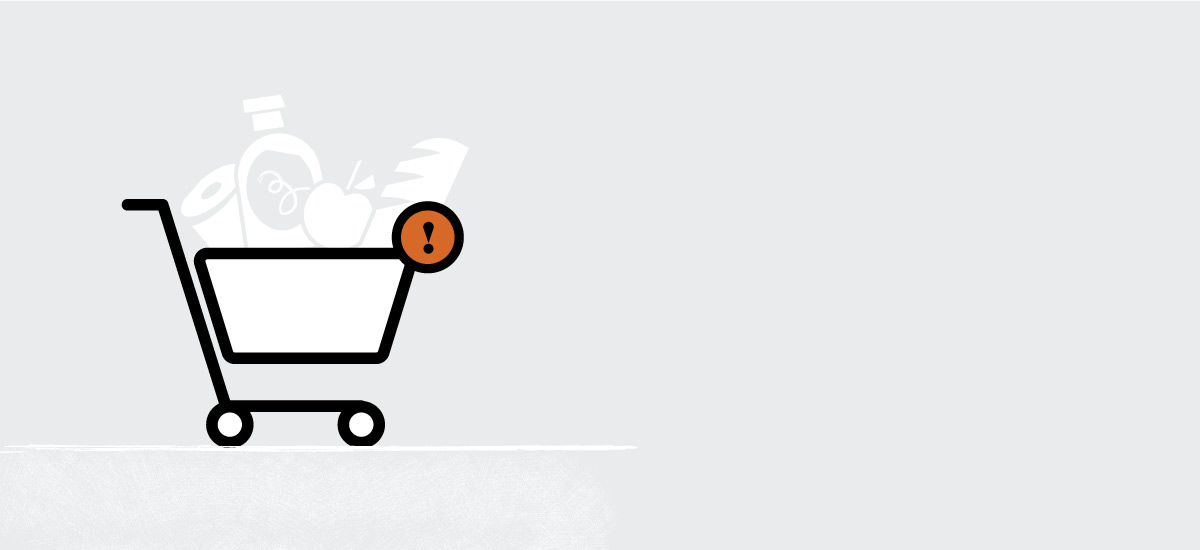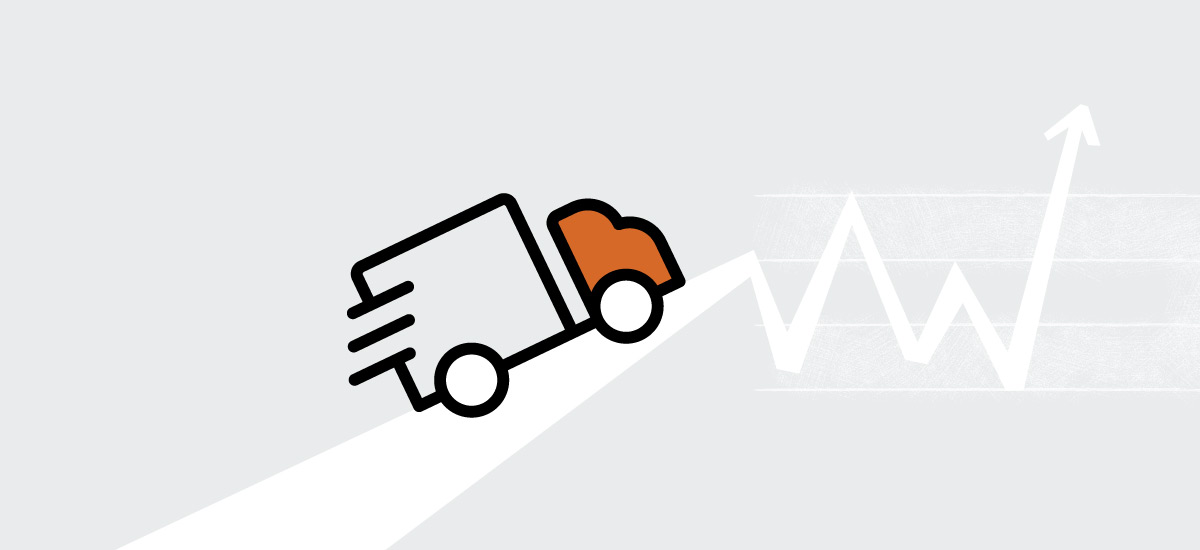May 13, 2020
3 Ways Coronavirus May Reshape E-Commerce Forever

Impulse buying vs. panic buying. Stocking up vs. hoarding. These days, it’s hard to draw the line.To date, online shopping represented convenience. Go to your favorite website when you had a few minutes and, with a couple keystrokes, you’d have a new outfit, tool, book or whatever your heart desired on its way to your doorstep.
Now, convenience has become necessity. Our clothing retailers are closed, we don’t have time to queue up outside the supermarket, and it’s simply not worth risking our health to peruse aisles of goods at our leisure. So, it’s only natural that millions of people have turned to buying from online stores in greater numbers.
Purchasing groceries for delivery to avoid the market, ordering items to kickstart dormant home-improvement projects, and purchasing an endless stream of games, books and toys to keep young kids occupied while they can’t attend school have become the new norm.
This upward trend can be tied directly to the effects of social distancing and isolation practices. But these new online habits also forecast how e-commerce will continue to evolve well after the pandemic subsides. Here are three early predictions of what those lasting habits will be.
1. Consumers will buy with greater urgency

Let’s give ourselves the benefit of the doubt. We know that toilet paper does not cure viruses. But our human nature is such that we fear NOT buying it, feeling anxious it won’t be there when we really need it. It’s the same reason why masks are back-ordered by 1-2 months.
This is definitively “panic” buying, and online retailers are struggling to keep up. Once the dust settles, we expect to see warehouse stocks experiencing higher demand overall, pricing readjustments, and advancements on shipment tracking based on this new behavior.
2. Contactless transactions are here to stay

It’s a thing now. And it’s not a bad development to emerge. In addition to preferring credit card transactions from your own computer versus physically handing someone money, knowing that food products and general deliveries are being treated with more hygienic practices has proven to become a major selling point that will endure past the pandemic.
E-commerce businesses should look to increase fulfillment hygiene measures and communicate them online, especially on checkout pages. Customers will undoubtedly appreciate it.
3. Different audience segments are forming different habits

Statistics show that certain demographics are responding differently to this pandemic.
For instance, e-comm powerhouse BigCommerce has recently reported that, contrary to what you might expect, millennials are tightening their purse strings in response to the coronavirus situation, while older generations are less inclined to pull back on online purchases. Additionally, we’re seeing that, while woman tend to be more concerned overall, men are the ones avoiding brick-and-mortar shopping in favor of buying via the web.
In short, the current socio-cultural climate has pushed the world to change. Some changes will be permanent, and others may fade. For businesses, however, it’s critical to stay observant and action-oriented. E-commerce is seeing a surge now, but it’s important to keep an eye on in-person experiences once things quiet down (person-to-person interaction is also missed and eagerly awaited). Brands will need to be “omni-channel” and address their audiences through any personal and tangible manner that’s available to them. In fact, that’s always been the way.
Push10 serves CPG clients via Aid&Abet, its specialized food & beverage branch. Aid&Abet is a branding agency focused solely on the food and natural product markets, delivering brand strategy, product packaging and web design.

